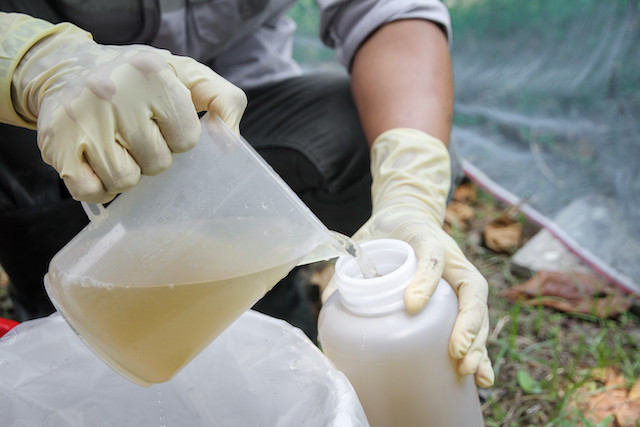The first findings were reported in the Coronastep study, a collaborative piece of research with List’s environmental microbiology research group, published on 28 May.
Researchers have been studying the country’s wastewater since April 2019 as part of a separate project. It shows that detection was even faster through wastewater testing than through national screening, since the state did not announce the infection of the first patient, who had recently returned from the severely-hit north of Italy, until 29 February. The latter prompted the government to create a pandemic crisis unit, resulting in severe lockdown measures two weeks later.
The Coronastep monitoring and detection of coronavirus in water offers a general snapshot of the situation of the virus at a single water treatment station within a day of samples being taken. In its press statement, List stressed that the study was complementary to the Convince study, in which around 1,800 people are being monitored and regularly tested.
Luxembourg is working to improve coronavirus monitoring by rolling out voluntary nationwide testing in a phased approach. Testing of wastewater can yield results even before a patient experiences symptoms, which is useful for patients who are asymptomatic. It is also expected to give early indicators if and when there is an uptick in cases as lockdown measures are further restricted. Further analysis of the samples planned for the coming weeks will also shed light on whether or not there is any genetic variants of the virus circulating in Luxembourg and could offer more geolocalised data.
Currently, Luxembourg appears to have tamed the first wave. At the time of writing, official figures stated that 110 people had died in Luxembourg of covid-19 and there have been no new fatalities since Sunday 24 May. 35 people are currently in hospital and the Rt_eff rate was at 0.790.
Early results of the Convince study suggest around 2% of the Luxembourg population has been infected and recovered from coronavirus, developing some level of immunity. It is basing its exit strategy on this data as well as on simulation modelling based on different variables. The lockdown was eased in several stages, starting with economic sectors such as construction where contact can be limited or better managed.
